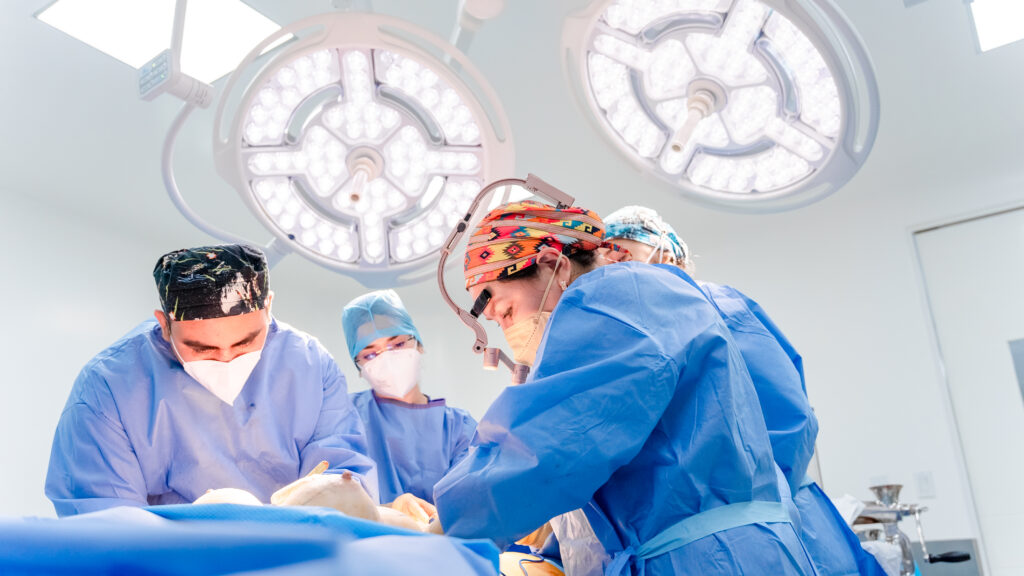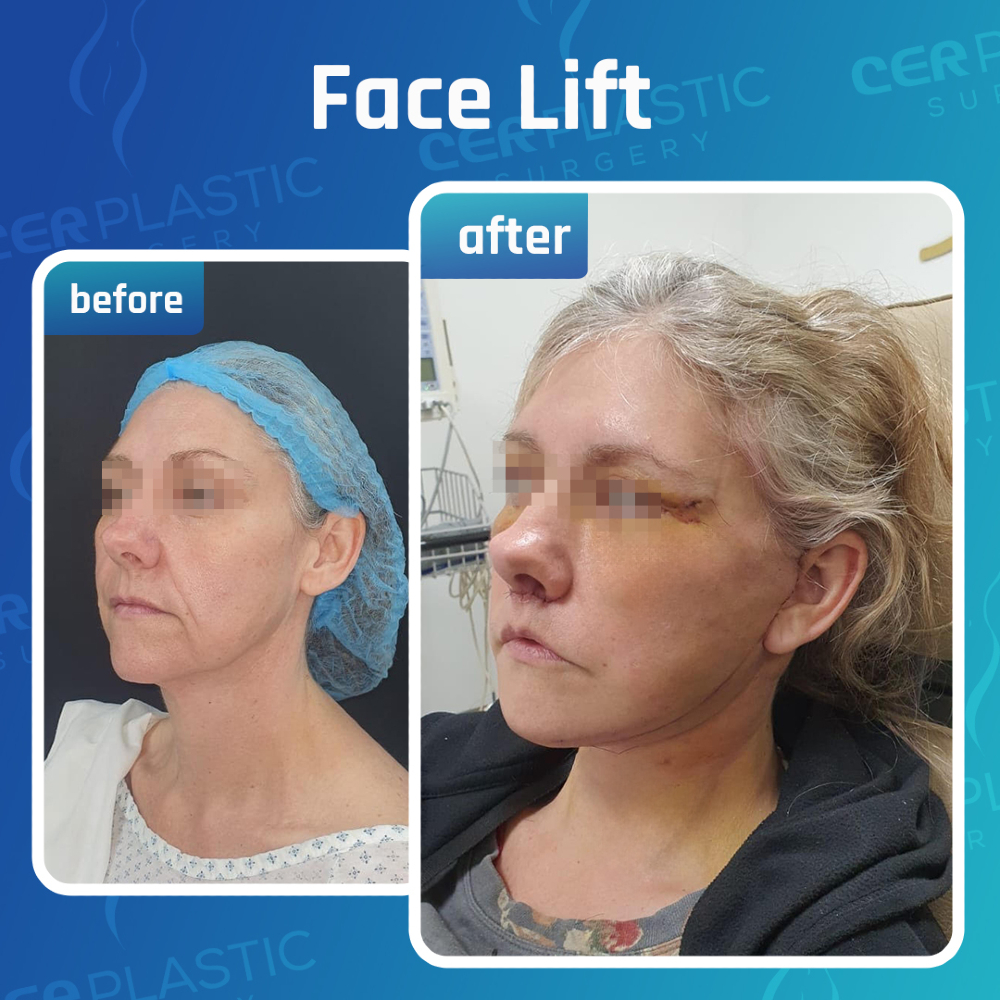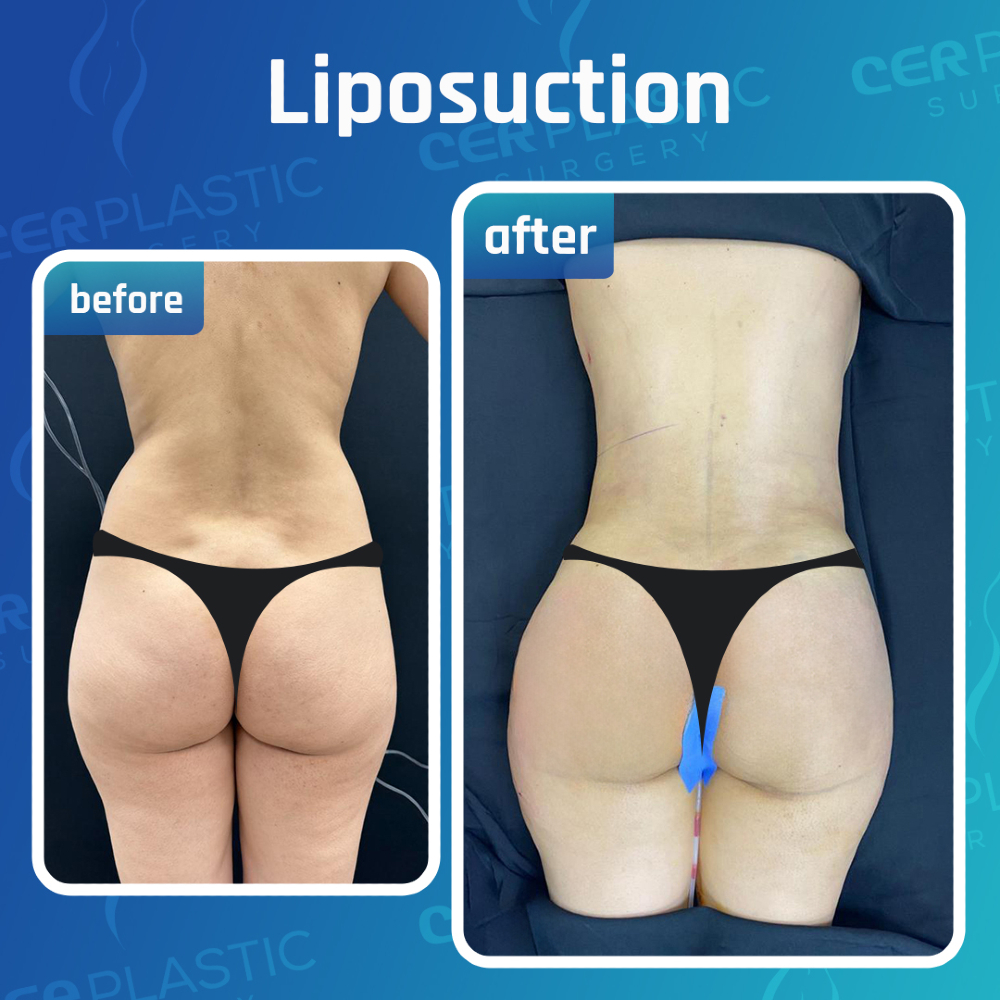Tijuana Mexico Plastic Surgery
Fall In Love With Your Reflection
Why CER Plastic Surgery is the #1 Choice for Plastic Surgery in Tijuana, Mexico
🏆 Over 10,000 Happy Patients from the U.S. & Canada
🏆 Board-Certified Plastic Surgeons with 25+ Years of Experience
🏆 Luxury Recovery Suites & VIP Transportation Included
🏆 Top-Rated Hospital with Cutting-Edge Technology

✔️ Certified & Experienced Surgeons – Our board-certified and widely recognized surgeons consistently deliver exceptional results and take immense pride in their work.
✔️ Safe & Modern Facilities – We operate in a fully equipped hospital that meets international safety standards.
✔️ Affordable Prices – Save up to 70% compared to the U.S. while receiving top-quality care.
✔️ Free VIP Transportation – We provide private airport pick-up and drop-off for international patients.
✔️ Personalized Care – From consultation to post-surgery recovery, we are with you every step of the way.
Why Choose Plastic Surgery in Tijuana, Mexico?
Revitalize Your Appearance with Advanced Plastic Surgery Procedures in Tijuana Mexico
At CER Plastic Surgery, we offer a wide range of procedures tailored to your aesthetic goals:
💎 Mommy Makeover in Tijuana – Breast lift, tummy tuck, and liposuction combined for a full transformation.
💎 Tummy Tuck (Abdominoplasty) – Remove excess skin and achieve a flat, toned abdomen.
💎 Breast Augmentation & Lift – Enhance breast size and shape with implants or a natural lift.
💎 Liposuction – Sculpt your body by eliminating stubborn fat deposits.
💎 Facelift & Rhinoplasty – Refresh your facial appearance with advanced surgical techniques.

Face Procedures
Buccal fat removal, facelifts, rhinoplasty, blepharoplasty, brow lifts and otoplasty, customized to your goals.

Breast Procedures
Breast augmentation, lift, reduction, reconstruction and fat transfer, designed to enhance shape and balance.

Body Procedures
Liposuction, tummy tuck, mommy makeover, Brazilian butt lift and body contouring procedures, tailored to you.
Real Patient Reviews – Witness the Transformation
EXCELLENTTrustindex verifies that the original source of the review is Google. Hoy fui a ponerme fillers y quedé encantada. El personal en general es muy amable y el dr. Ochoa siempre súper sonriente. El procedimiento fue rápido y no duele mucho, la verdad lo recomiendo bastante, ¡no se van a arrepentir! 💜Posted onTrustindex verifies that the original source of the review is Google. Had bichectomy from the US (LA) in November 2020 and it went very well. about 4K less than what iw as quoted in the US. Going back for more procedures. he's very masculine but very gentle. so endearing I really love him. don't hesitate.Posted onTrustindex verifies that the original source of the review is Google. Big thanks to PlacidWay for getting me in touch with CER Plastic Surgery, where I have met some amazing people like George and Dr. Montufar, just to name a few! Dr. The hospital was clean, covid guidelines were followed, hospital staff were kind and non-judgmental... Dr. Montufar even drove 30 minutes to get to my recovery home to fix the drain tube and put some stitches... so if some wrong, you know you can count of her! It was an all in all great experience as it was my first time in Tijuana, BC Mexico... I'm excited to see the results 2 months from now when I can finally take the binder off! Until then, 🙌🙌 !Posted onTrustindex verifies that the original source of the review is Google. I am very happy to have found a prestigious hospital and Dr. Elsy to do the procedure I have been wanting done. Her RN Rosa and her officer coordinator, George, had been amazing! They make you feel comfortable and are always available when I have any questions. They were able to schedule me last minute with such a great cost for the service . George had made sure I will be happy with the entire procedure from beginning to end. Thank you so much!!!Posted onTrustindex verifies that the original source of the review is Google. Very happy with the service and results of the treatment. 1. Dr. Ochoa very professional and kind 2. First time getting Botox and I was amazed how fast and pain free was. 3. Very nice office Looking forward for more cosmetic treatment.Posted onTrustindex verifies that the original source of the review is Google. Super encantada con el trabajo que realizo el Dr.Eduardo Ochoa,super natural todo encantada con los resultados tan rapidos sin dolor,recomendado para cualquier tipo de cirugia esteticaPosted onTrustindex verifies that the original source of the review is Google. Excellent customer service, everyone is really kind, I went there to put on lip filler & I came out very happy with my result!!! thank you Dr Ochoa, the best certified board surgeon!!!Posted onTrustindex verifies that the original source of the review is Google. Amazing experience .... I went for Botox . Dr. Ochoa is very professional and talented . Love the results , almost a month after and my face look fresh and younger. Thanks Dr. Ochoa.Verified by TrustindexTrustindex verified badge is the Universal Symbol of Trust. Only the greatest companies can get the verified badge who has a review score above 4.5, based on customer reviews over the past 12 months. Read more
Affordable Plastic Surgery in Tijuana
Discover how you can save significantly on plastic surgery costs while enjoying exceptional care from our expert surgeons in Tijuana.
Booking Your Surgery Made Easy
- Step 1: Schedule a Free Consultation with our experts.
- Step 2: We will create a personalized surgery plan tailored to your needs.
- Step 3: Book your surgery date and enjoy VIP transportation.
- Step 4: Experience premium post-op care in our luxurious recovery suites.

Our Location
CER Plastic Surgery is situated in Tijuana, Mexico, making it conveniently reachable for patients from abroad.
Location:
Diego Rivera #2386 Zona Rio
Tijuana, Mexico
Getting Here:
From San Diego International Airport, head south on I-5 toward the US-Mexico border. After crossing the border, follow the signs to Zona Rio. We are conveniently situated near the main hospitals and hotels in the area.
Latest Articles
Post-Surgery Recovery: A Guide for Patients
Proper post-surgery recovery is essential for optimal healing and minimizing complications.
Top 5 Tips for Choosing a Plastic Surgeon
Selecting the right plastic surgeon is crucial for achieving desired results and ensuring a safe procedure.
Understanding the Importance of Pre-Surgery Consultations
Pre-surgery consultations are crucial for a successful and safe plastic surgery procedure.










